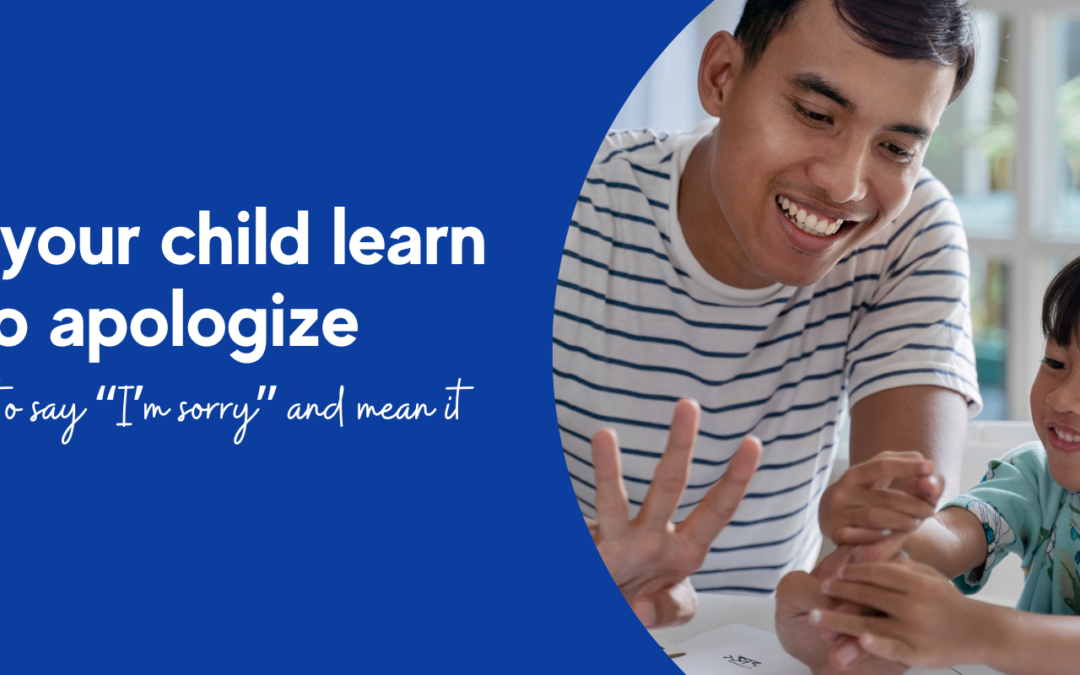During the first years of life, your child is very self-centered. This is a time when she has much to discover about the world and how it relates directly to her. She cannot begin to truly appreciate the wants, needs or feelings of others until she learns to identify and understand her own feelings. Naturally, this can lead to some moments of conflict. Many of the lessons your child needs to learn come with a price:
- When certain items are not handled gently, they may break.
- Other people may feel differently than I do in a given situation.
- My words or actions have an effect on other people.
As your child is busy exploring and learning, he is focusing on his own interests and does not think about the outcome. This means there will be many times when he will need to learn to make amends for his mistakes. In order to feel sorry for her actions, your child needs to understand what she has done wrong. She also needs to know how she can handle a similar situation differently in the future.
There are many ways you can help your child start to develop the ability to say she’s sorry … and mean it.
Avoid the automatic “I’m sorry.” Most parents are quick to step in and say, “You tell her that you are sorry!” The word itself means very little to a young child; it is just something that is expected. If a child finds he is often having to say I’m sorry, he may even begin to see it as a free pass to do something he knows is wrong as long as it is followed up with an apology.
Forced apologies can also lead to power struggles. This distracts your child even further from the action that lead to the need for an apology in the first place. Instead of focusing on a formal apology, take the opportunity to help your child learn from her mistake and move forward in a positive and productive way. Allow some time to cool down if necessary. He can’t begin to make amends if he is still feeling angry.
You can’t change what has already happened. Talk about what your child can do to make it better. She might think of something nice she could do to make it up to a friend whose feelings she has hurt. Maybe she could help fix something that she has broken. Plan for next time. Talk about how your child was feeling and help him think of another way to handle it. “You hit your brother because he took the toy you were using. When that happens, you can use your words to tell him you are feeling mad.” Give reminders before another incident arises. When children are playing together, talk about sharing and how we ask to borrow one another’s toys.
While it should not be the focus, you do want your child to learn to say “I’m sorry” and mean it. Your child learns values and good manners by watching you. Be sure that you apologize for your own mistakes, and she will learn to follow your example. As your child grows and develops a sense of empathy, he is better able to understand that his words and actions can be hurtful or harmful. With practice, he will learn to control his emotions, and take responsibility when he makes mistakes.

